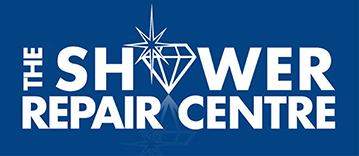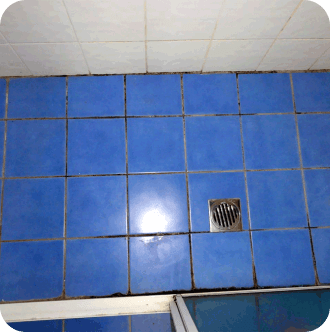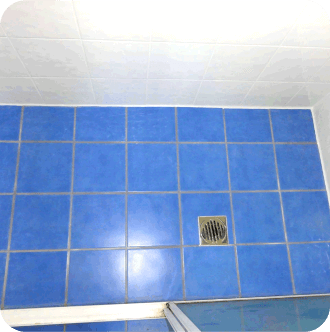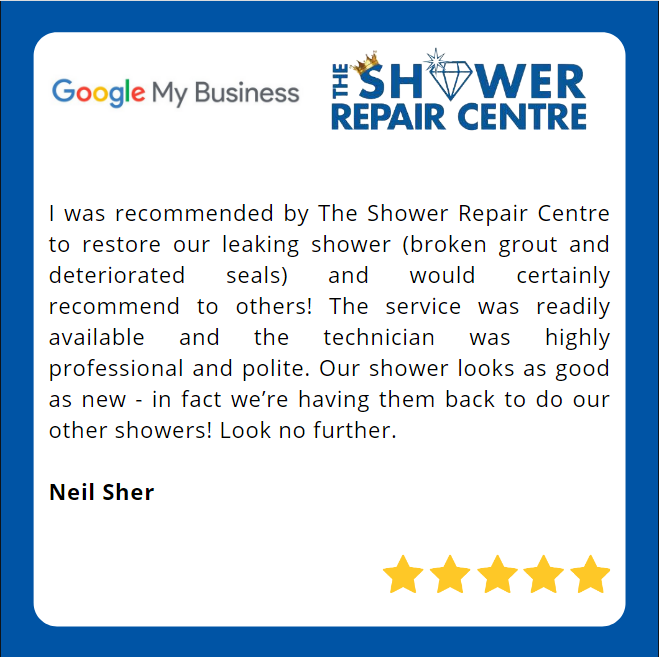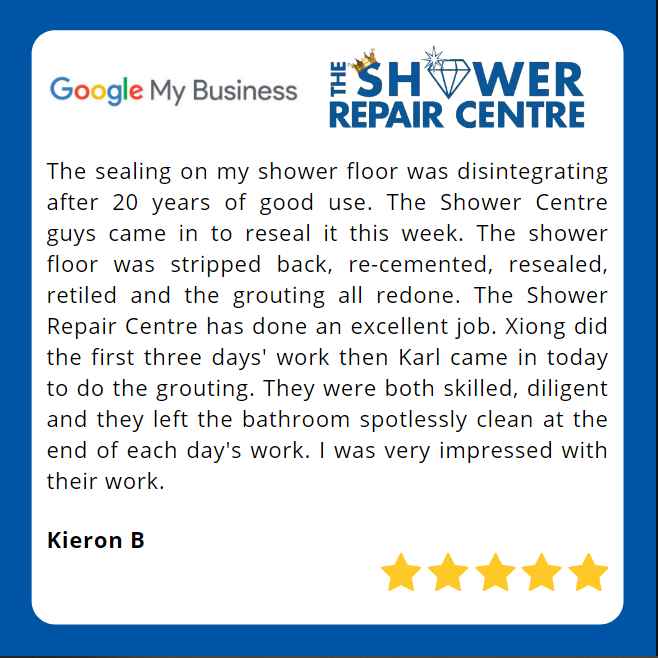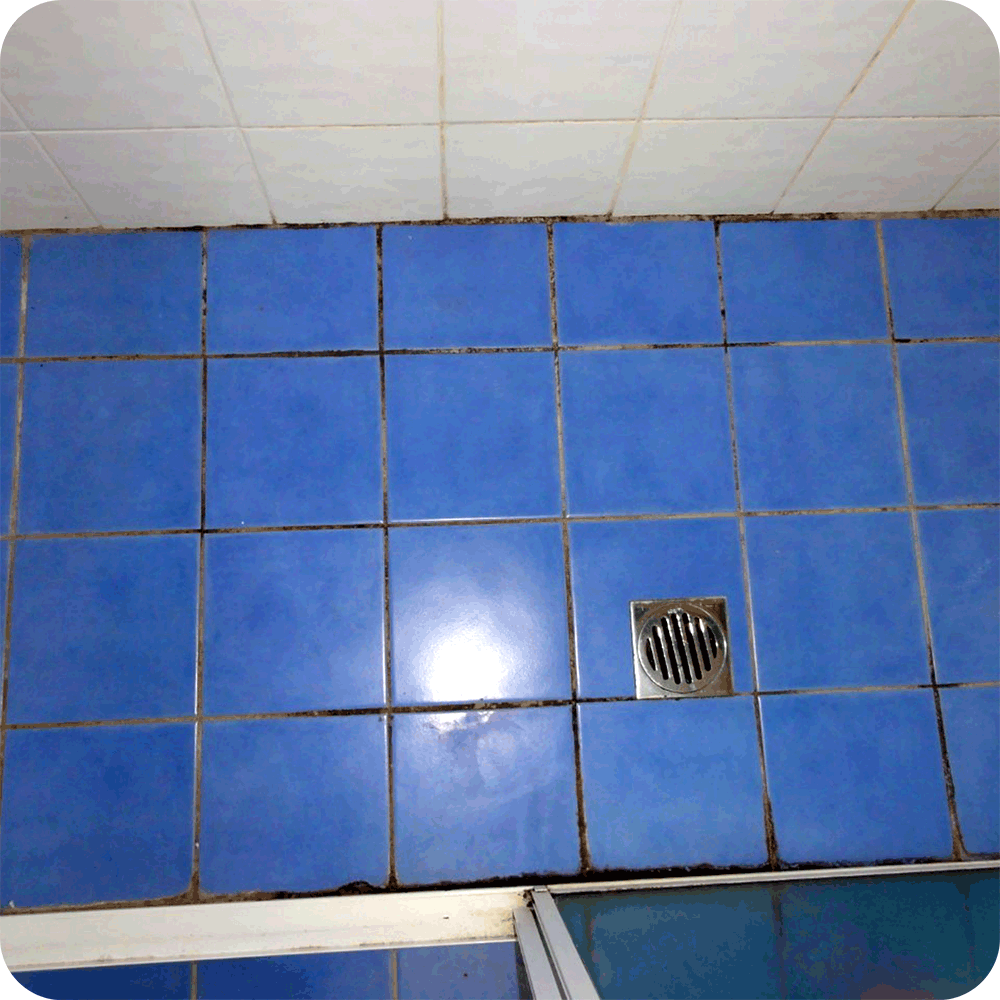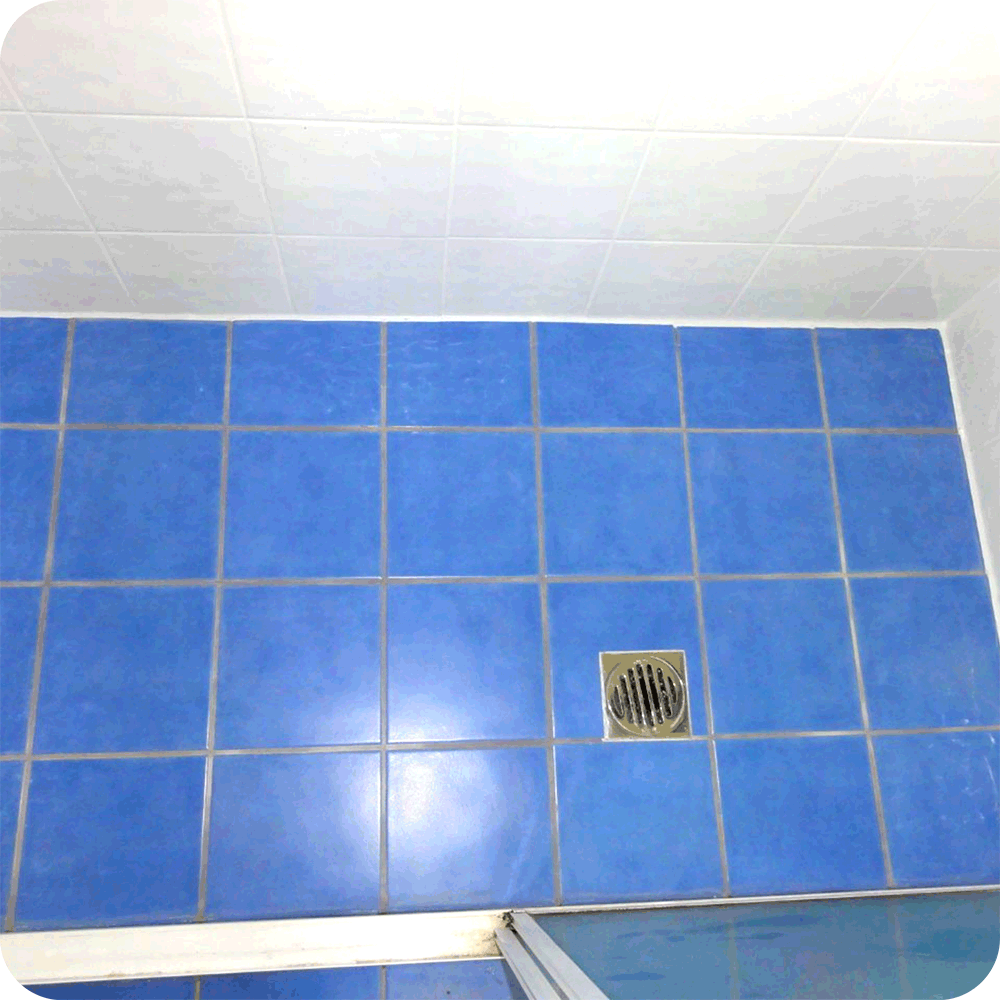Did you know that in Australia, a person spends around 12 – 15 litres of water every minute in the shower? For most of us, this is normal considering that we personally do not experience water scarcity.
However, according to National Geographic, the country faces a growing water problem. Thus, many Australians remind us to lessen our water consumption.
Below are the common reasons why your shower leaks and how to prevent it:
Clogged Showerhead
Check your rubber washer if it’s still in mint condition. There could also be limescale buildup that causes a faulty showerhead and leaks.
Worn Out Shower Hose
Your shower hose must be replaced regularly as it is subject to wear and tear and can also cause leaks. Knowing the right length of your shower hose is also important to last longer. Ideally, choose shower hoses that are 1.60 metres or 2.00 metres. The shorter ones are recommended if you have a bathtub and don’t want the hose to get in the way.
Faulty Shower Mixer Tap
A damaged rubber seal can cause leaks most of the time. A rubber seal can be found inside the mixer’s neck. Your plumber will turn off your hot and cold water taps and drain the remaining water in the pipe. The spout will be removed to replace the rubber seal.
Cracked Tiles
Building structures may experience natural expansion and contraction due to changes in moisture and temperature over the years. If this happens, you will notice that doors are harder to move, and there are hairline cracks on the walls. Likewise, one of the most affected areas will be your shower, specifically your tiles and cement.
Water Supply Pipe Issues
If your pipes are damaged or were not installed properly, shower leaks can occur. Pipelines are often in-between the building structure, and you will have limited access. If you suspect that the pipe caused the leak, call a professional. You can also do a quick test. Here’s how to do it:
Turn off all your water supply at home and check your water metre dials. After two hours, recheck it. If the dials have moved, there’s a leak in your water supply pipes.
If you have a project you’d like to discuss, just contact us via our website directly or call 1300 888 806.
Did you know that in Australia, a person spends around 12 – 15 litres of water every minute in the shower? For most of us, this is normal considering that we personally do not experience water scarcity.
However, according to National Geographic, the country faces a growing water problem. Thus, many Australians remind us to lessen our water consumption.
Below are the common reasons why your shower leaks and how to prevent it:
Clogged Showerhead
Check your rubber washer if it’s still in mint condition. There could also be limescale buildup that causes a faulty showerhead and leaks.
Worn Out Shower Hose
Your shower hose must be replaced regularly as it is subject to wear and tear and can also cause leaks. Knowing the right length of your shower hose is also important to last longer. Ideally, choose shower hoses that are 1.60 metres or 2.00 metres. The shorter ones are recommended if you have a bathtub and don’t want the hose to get in the way.
Faulty Shower Mixer Tap
A damaged rubber seal can cause leaks most of the time. A rubber seal can be found inside the mixer’s neck. Your plumber will turn off your hot and cold water taps and drain the remaining water in the pipe. The spout will be removed to replace the rubber seal.
Cracked Tiles
Building structures may experience natural expansion and contraction due to changes in moisture and temperature over the years. If this happens, you will notice that doors are harder to move, and there are hairline cracks on the walls. Likewise, one of the most affected areas will be your shower, specifically your tiles and cement. These materials are not flexible and the changes might cause the grout to crack. The gaps will be the entryway of water and it will seep through the tiles. One way to maintain your shower is by regrouting using epoxy instead of cement-based grout.
Water Supply Pipe Issues
If your pipes are damaged or were not installed properly, shower leaks can occur. Pipelines are often in-between the building structure, and you will have limited access. If you suspect that the pipe caused the leak, call a professional. You can also do a quick test. Here’s how to do it:
Turn off all your water supply at home and check your water metre dials. After two hours, recheck it. If the dials have moved, there’s a leak in your water supply pipes.
If you have a project you’d like to discuss, just contact us via our website directly or call 1300 888 806.
